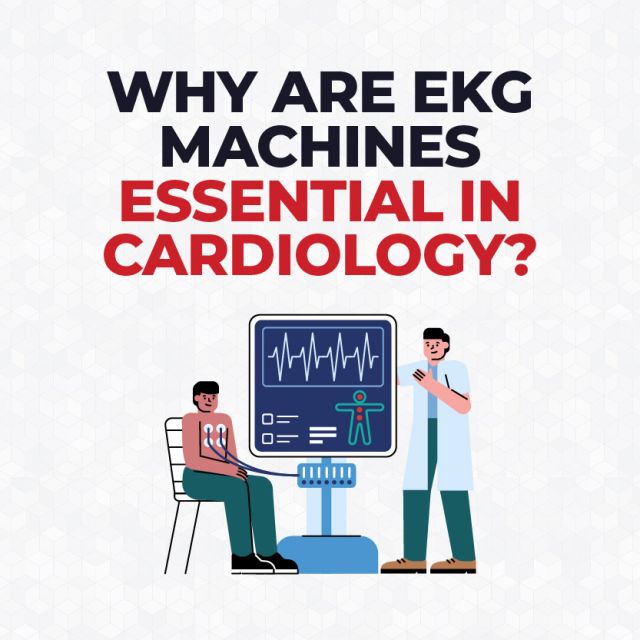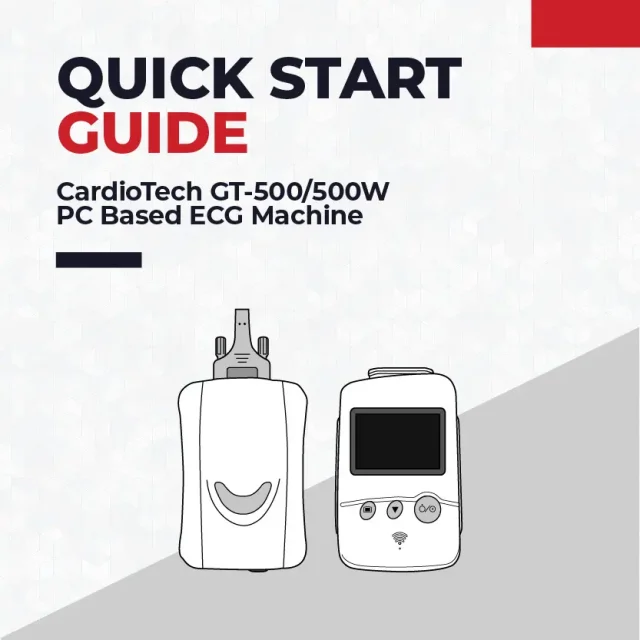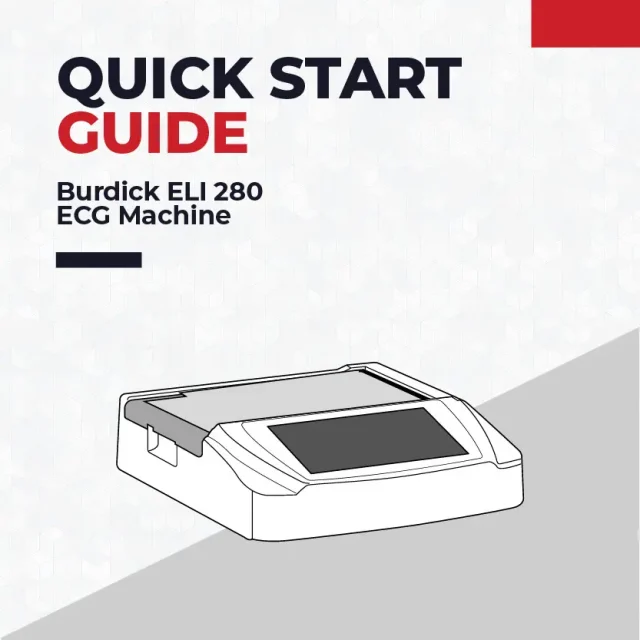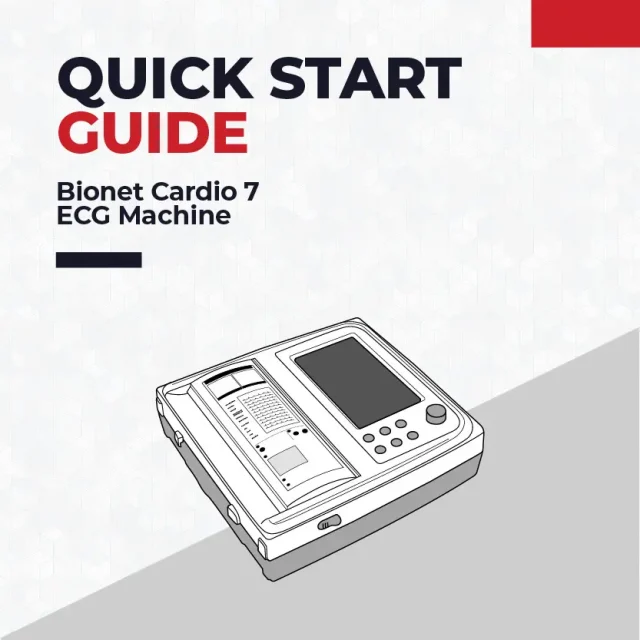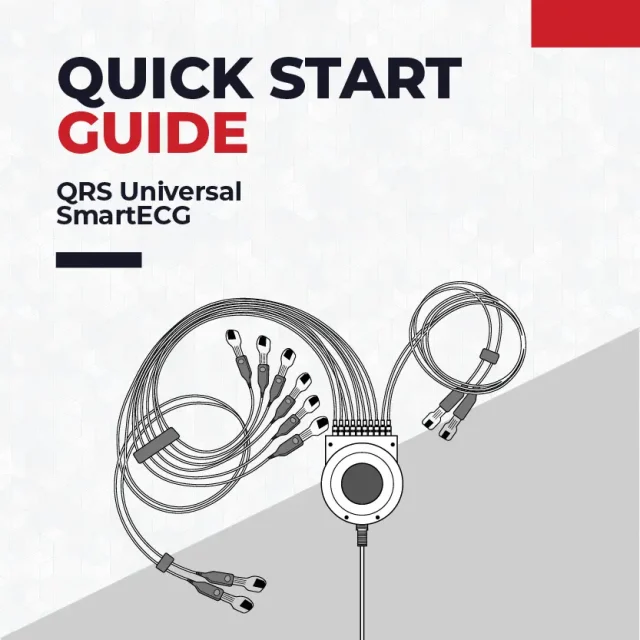Why are EKG Machines Essential in Cardiology?
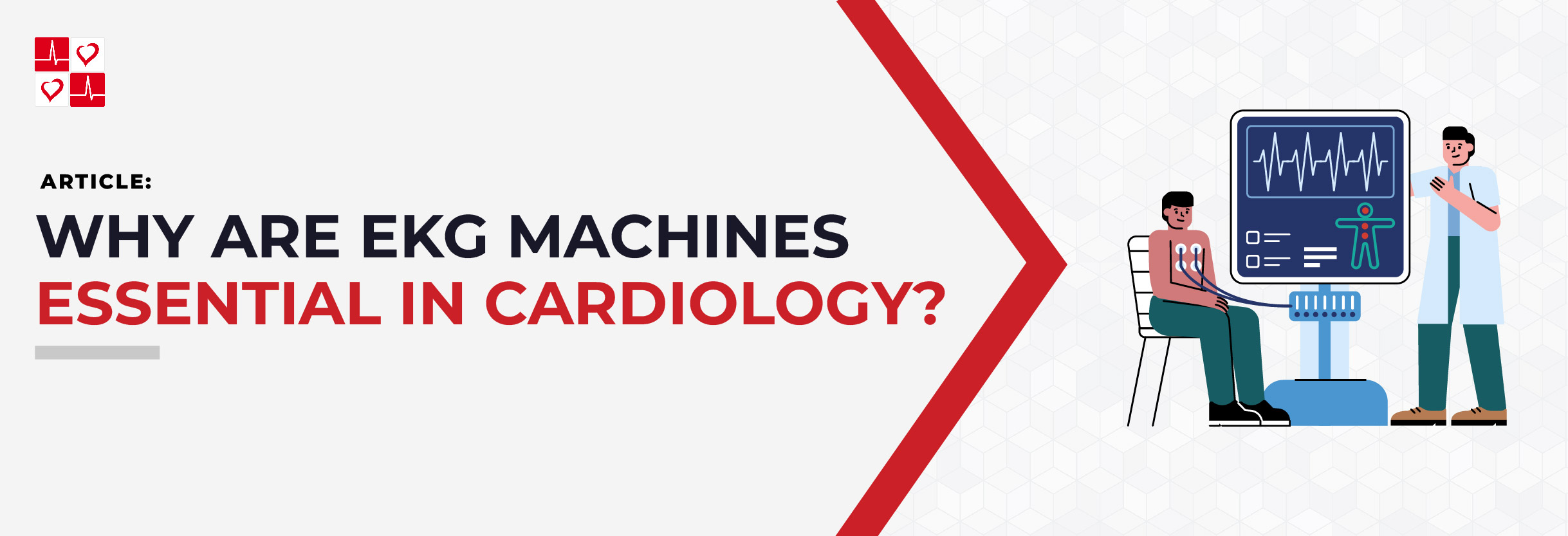
Introduction
EKG Machines play a crucial role in the field of cardiology, helping with diagnosing, monitoring, and managing various cardiac conditions. Doctors may recommend a specific type of EKG monitoring depending on your symptoms. In this article, we’ll explore why EKG machines are essential for cardiology.
Why are EKG Machines Essential in Cardiology?
Heart Rate
For patients with existing cardiovascular conditions, EKG machines provide continuous monitoring to assess heart function. EKG machines help healthcare providers track changes in heart rate, rhythm, and electrical activity, ensuring that treatments are effective.
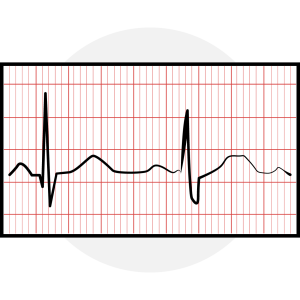
Diagnose Heart Conditions
EKG machines detect different types of heart conditions by measuring the electrical activity of the heart. By measuring the electrical activity of the heart, EKGs can identify conditions such as arrhythmias and ischemic heart diseases before symptoms become severe. Specific waveforms and segment changes, such as ST-segments or QT intervals, can indicate acute heart conditions.
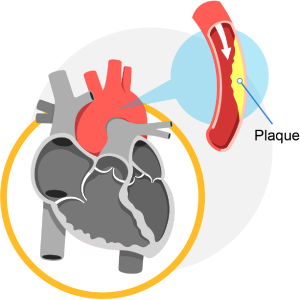
Detect Past Heart Attacks and Abnormalities
EKG machines are highly essential in dealing with past heart attacks as they help assess the extent of heart damage. After a heart attack, an EKG can reveal permanent changes in heart activity, such as abnormal Q waves. Routine EKG monitoring allows healthcare providers to adjust medications, evaluate treatment effectiveness, and assess overall heart function.
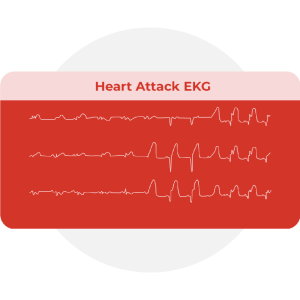
Closing
EKG machines are an essential tool in cardiology, playing a critical role in diagnosis, monitoring, and treatment of heart conditions. Their ability to provide quick and accurate heart assessments makes them an important addition to any cardiology environment. For a detailed and comprehensive EKG Machine buyer’s guide, click here.


